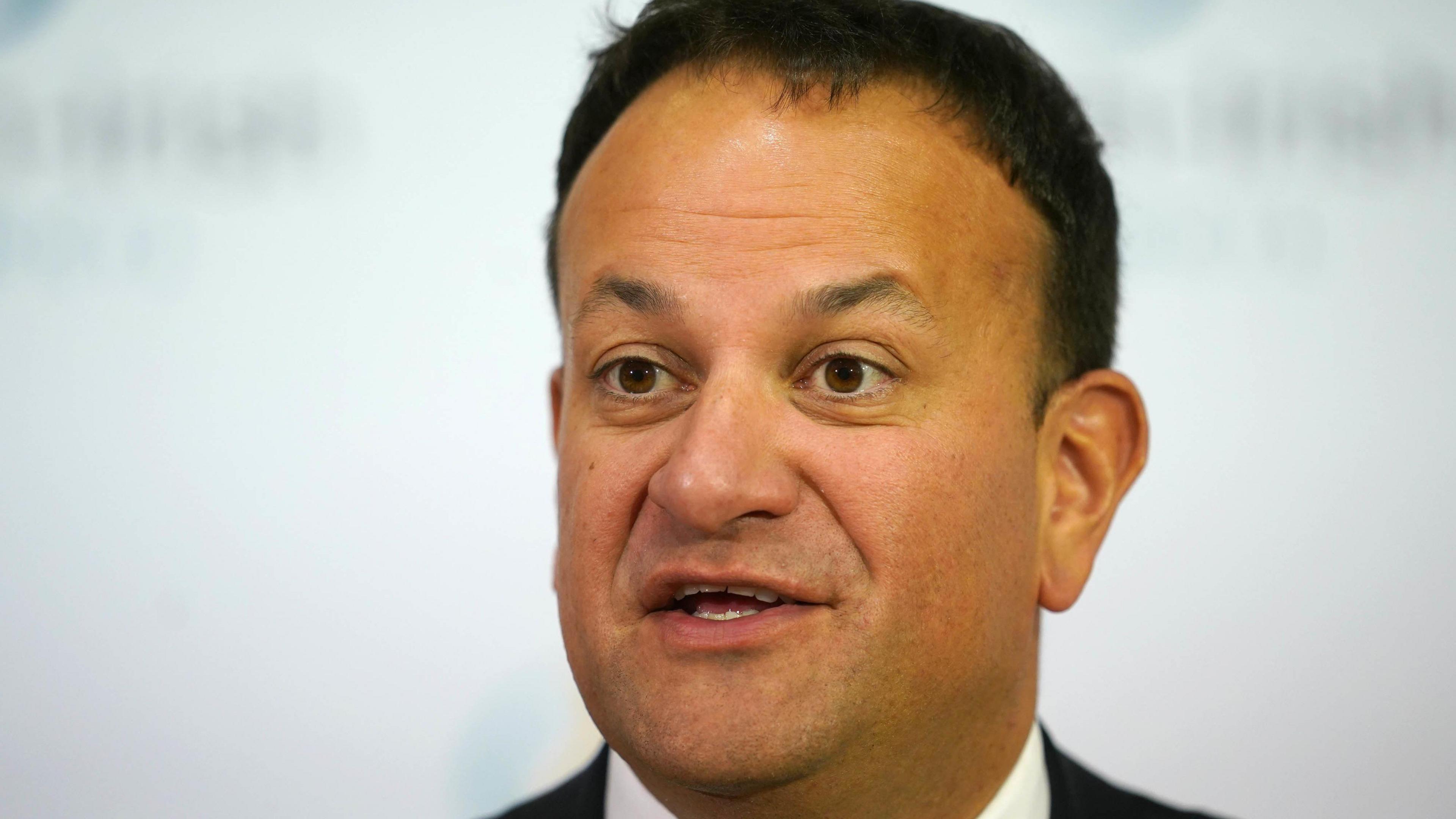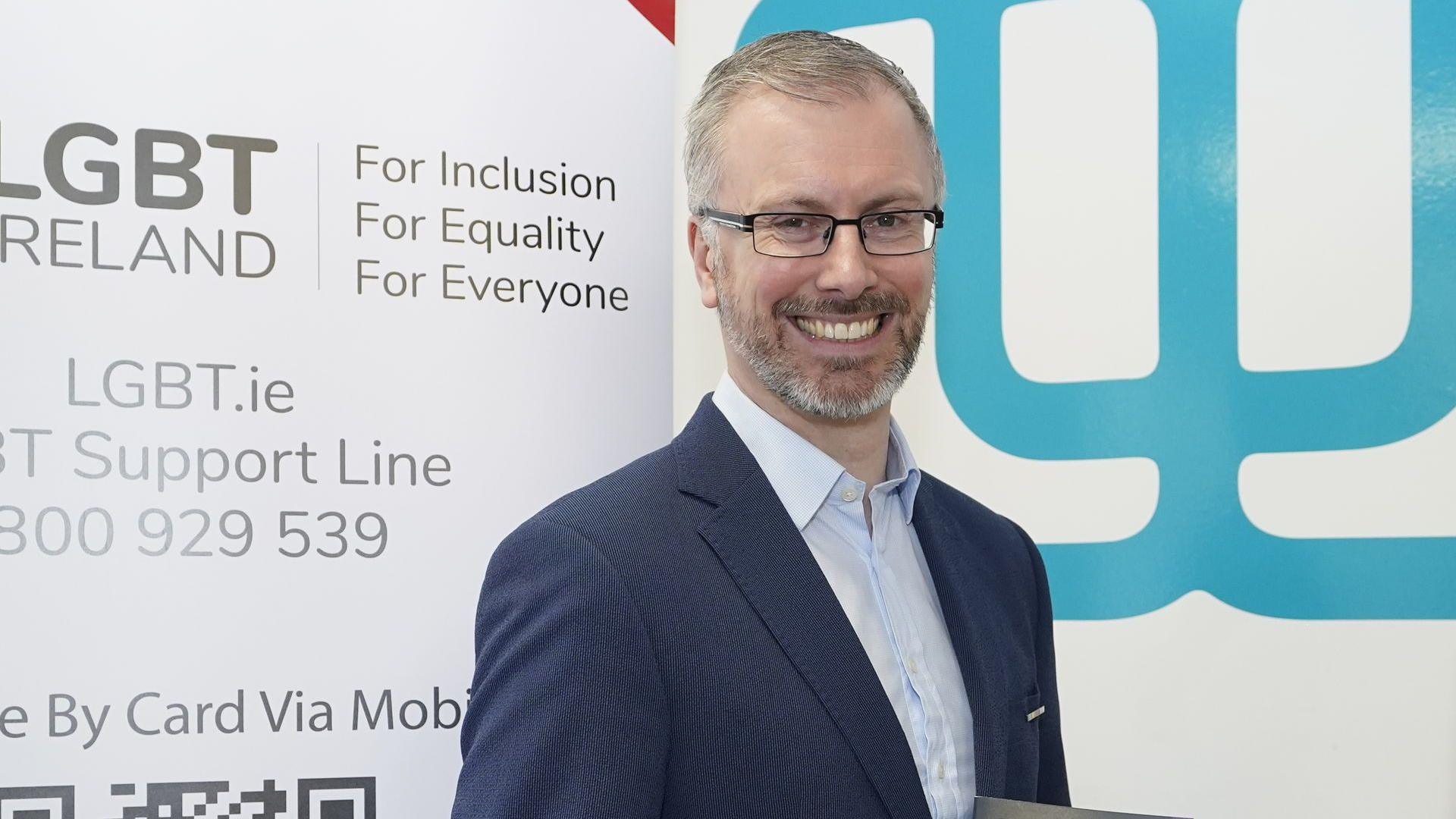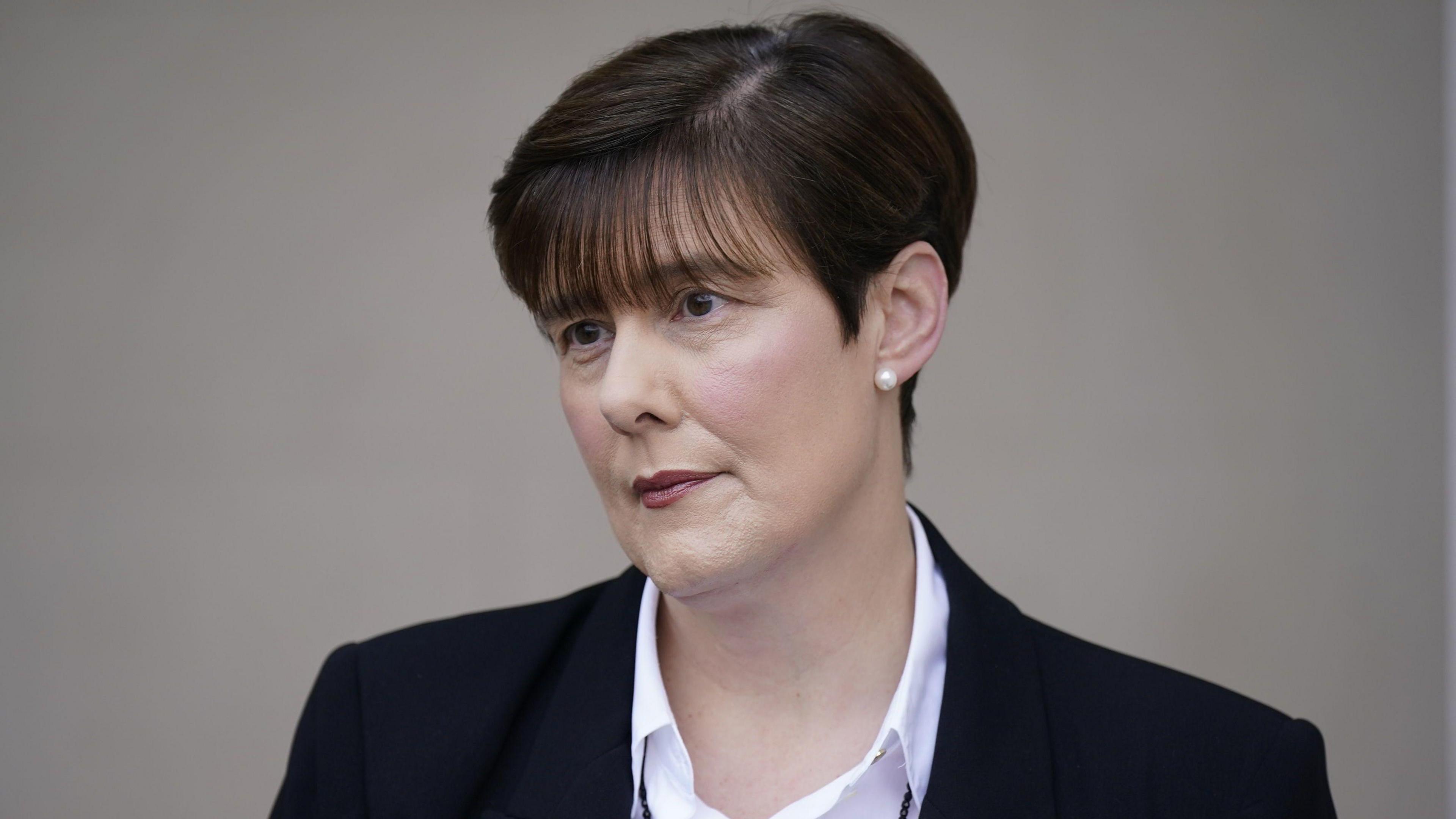Irish votes on gender and family to be held in March

Leo Varadkar said the constitutional amendments will “reinforce the fact that Ireland is a modern, inclusive nation"
- Published
Two referendums to change Ireland’s constitution regarding gender and family will be held on 8 March 2024.
The government has approved the draft wording for the two proposed changes, which will provide for a wider concept of family and women’s role in society.
To be held on International Women's Day, the amendments will “reinforce the fact that Ireland is a modern, inclusive nation strives to treat and care for all its people equally,” Taoiseach (prime minister) Leo Varadkar said.
The General Scheme of the Thirty-Ninth Amendment of the Constitution Bill (the Family amendment) proposes to insert the words “whether founded on marriage or on other durable relationships”.
The current protection afforded to families under the constitution, as currently written, only extends to married families.
These proposals extend this constitutional right to other lasting relationships and puts them on an equal footing with married families, according to the government.
'Relationships other than marriage'
Announcing the referendums, Mr Varadkar said: “Our constitution will continue its history protecting both the family and the institution of marriage.
"Repurposing the wording, however, acknowledges the families may also be founded on lasting relationships other than marriage.
"For example, a family headed by a lone parent, or a family headed by a grandparent or guardian all of us know people who are committed to each other in a loving relationship over a sustained period of time, who are not married.”
The General Scheme of the Fortieth Amendment of the Constitution Bill (the Care amendment) proposes to delete the wording: “In particular, the state recognises that by her life within the home, woman gives to the state a support without which the common good cannot be achieved”.
It will insert the following wording: “The state recognises that the provision of care, by members of a family to one another by reason of the bonds that exist among them, gives to society a support without which the common good cannot be achieved, and shall strive to support such provision.”
This article of the constitution is commonly referred to as a section about the “woman’s place is in the home”, which campaigners have long called for the removal of.
Making the announcement, Minister for Integration Roderic O'Gorman said that "a woman's place is where ever she wants it to be".

"Women choose the roles they play in our society," said Minister Roderic O'Gorman
“The archaic reference to a woman's place in the home has not been good for the lives of women in this country.
"The key is that women choose the roles they play in our society," Minister O'Gorman said.
"This referendum will offer another opportunity to move away from the Ireland of 1937 to continue that journey to becoming a kinder a more inclusive society and one that acknowledges and respects the needs of all citizens.”
Education Minister Norma Foley welcomed the proposed changes to update the constitution which is almost 100 years old.

Education Minister Norma Foley has welcomed the proposed changes to the constitution
“The wonderful carers in our homes include both men and women. There are families where it is the dad who stays at home and the mum works outside the home, families where one parent juggles children in childcare to part time employments, it can be tiring and relentless work," she said.
“We want to move on to say we need to recognize the dynamic and diverse arrangements the Irish families today. It will update the definition of the Irish family in a clear and compassionate way as it is defined in article 41 as the fundamental human group of society and indispensable to the welfare of the nation and the state.
"The men and women of Easter 1916 pledged to cherish all of the children of the nation equally as the government we want to continue with that.”
The government has called for a well informed and courteous campaign, noting that previous referendums, including the most recent on abortion rights, had been divisive.